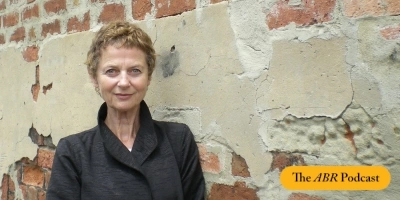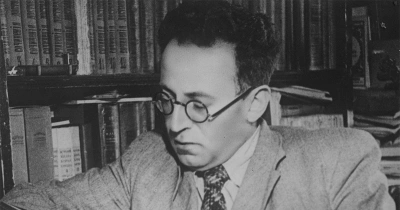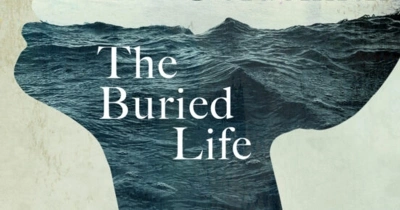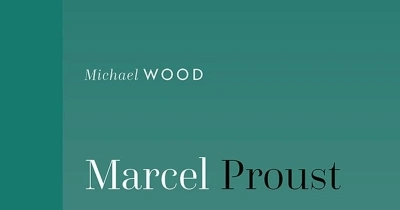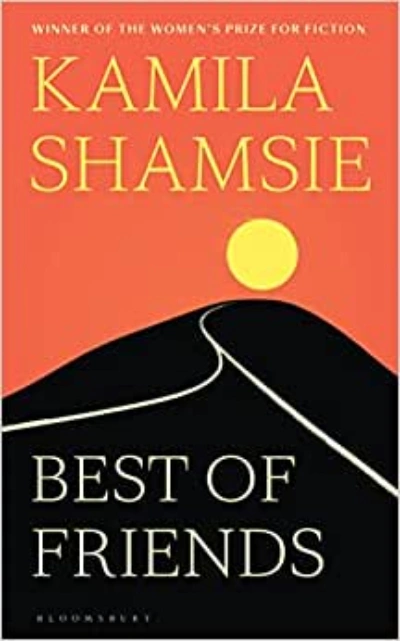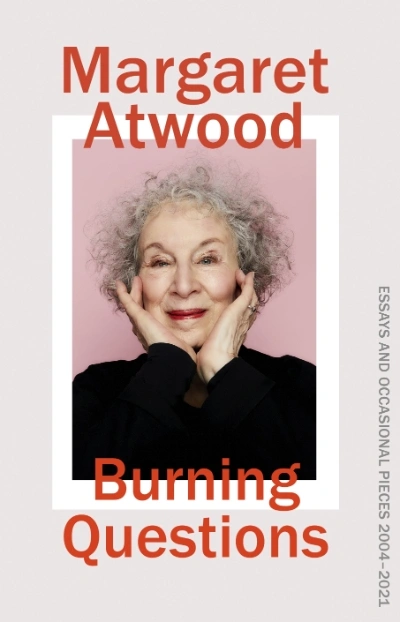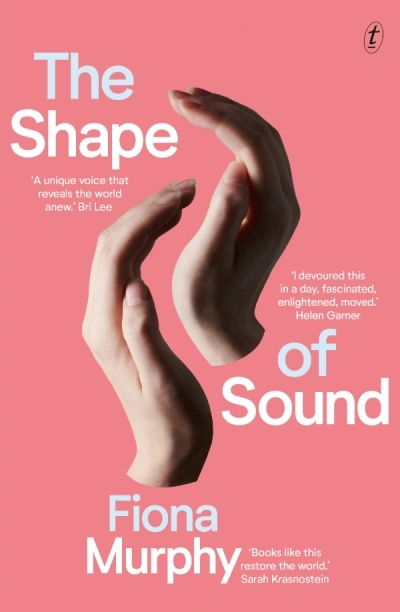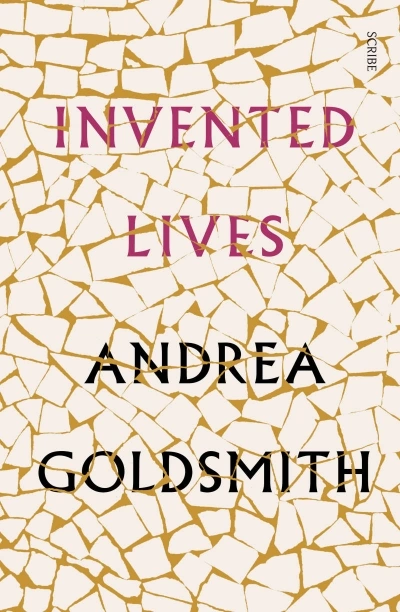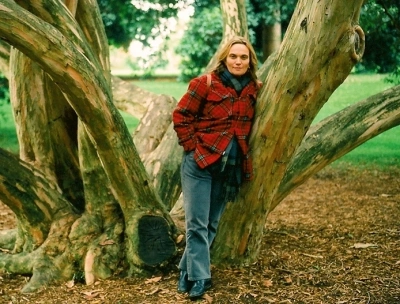Andrea Goldsmith
This week on The ABR Podcast, Andrea Goldsmith reveals her unread books. These are those works, explains Goldsmith, that ‘you should have read and have always wanted to read – but haven’t.’ They are not, mind you, all books that she intends on reading: ‘I will go to my grave having not finished Ulysses, but even in my failure I am far from ignorant about the book. … because Ulysses is part of our cultural capital, I could converse about Ulysses more than adequately.’ Andrea Goldsmith is a Melbourne-based novelist and reviewer. Here is Andrea Goldsmith with ‘My Unread Books’, published in the March issue of ABR.
... (read more)Reading fiction is an intimate business. For ten, fifteen, twenty hours of glorious solitude, you engage with ideas, events, and, most especially, characters located in periods and places not your own. The connection with fictional characters can sometimes feel more real and enduring than relationships with real people. For a few years in my youth, I was so deeply attached to the young Hurtle Duffield in Patrick White’s The Vivisector that I wrote a short story in which Hurtle and I lived with Patrick White and Virginia Woolf in Bloomsbury.
... (read more)Burning Questions: Essays and occasional pieces, 2004–2021 by Margaret Atwood
ABR asked a few colleagues and contributors to nominate some books that have beguiled them – might even speak to others – at this unusual time.
... (read more)I heard the Egypt story countless times, but then Dorothy Porter believed that if a story was worth telling, it warranted multiple retellings. In the late 1980s, before Dot and I met, she visited Egypt to gather material for her verse novel Akhenaten (1992). In Cairo, she joined a tour group taking in the major historical sights ...
... (read more)

